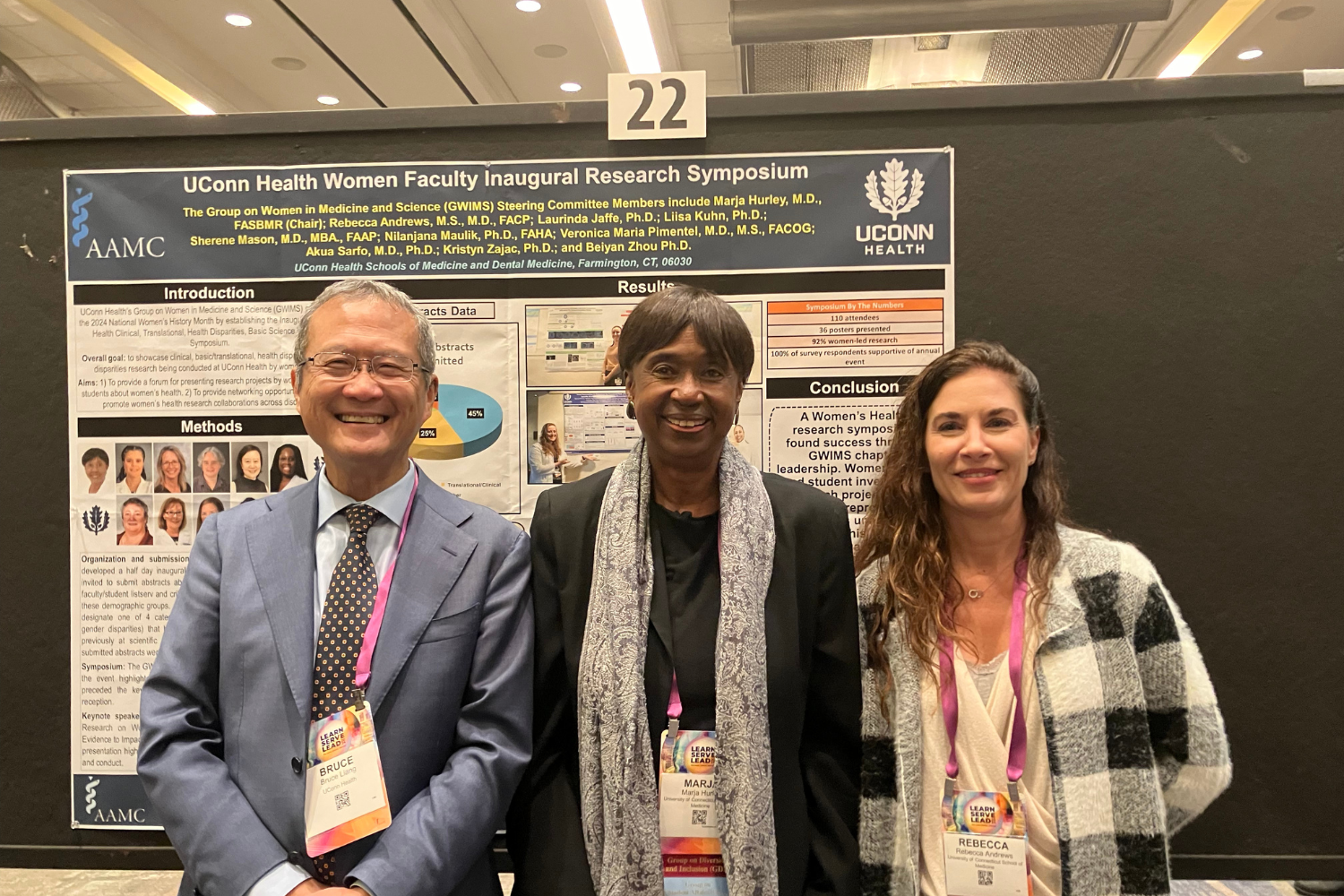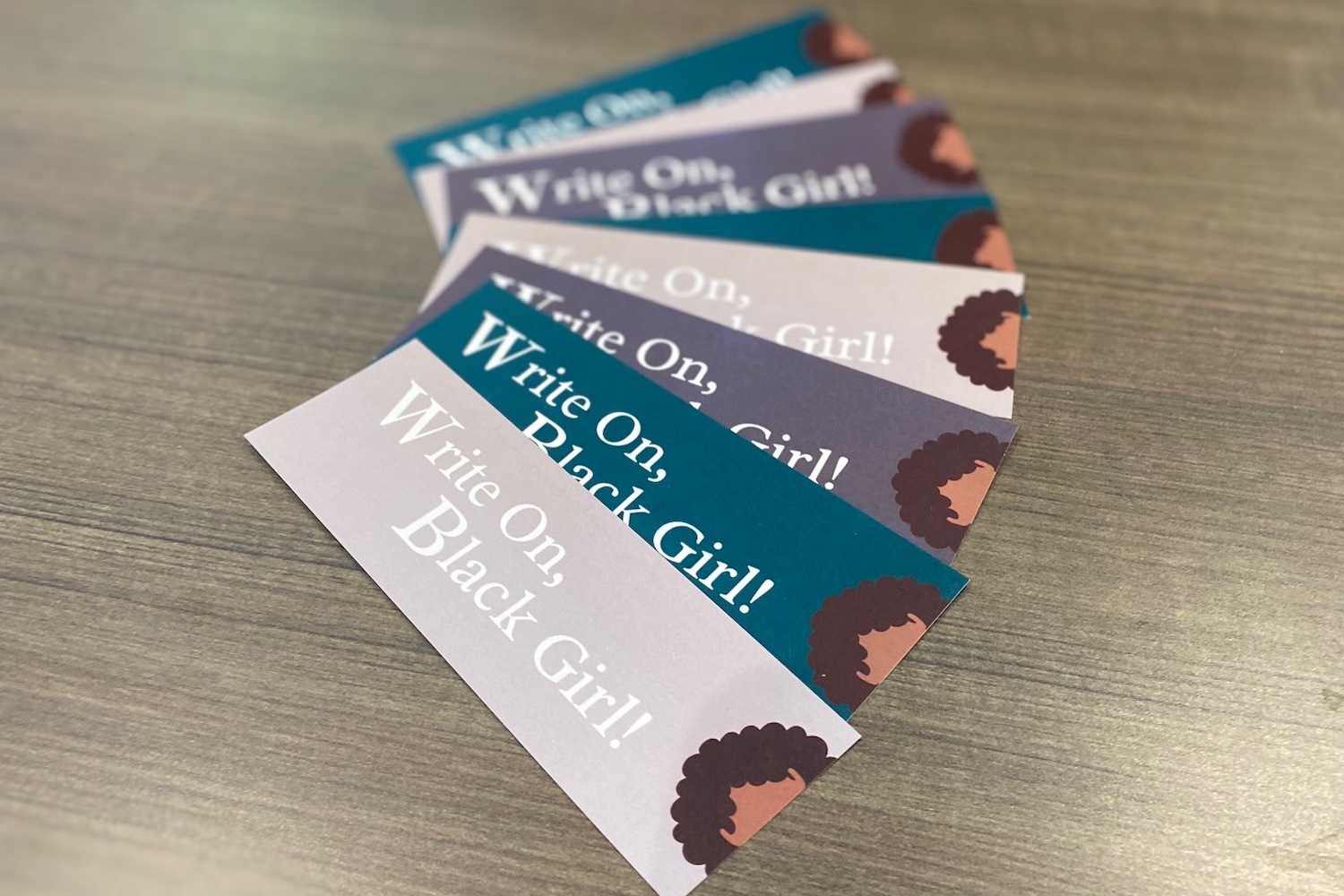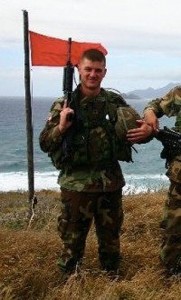
When Joel Angle joined the Army in 2002 and was later sent to Iraq, he had a soldier’s perspective on the country, seeing things through what he describes as a “combat mission lens.”
He had little contact with Iraqis and little knowledge about the culture or people of the Middle East.
Now 26, the native Californian has just begun his first job after graduating from the College of Liberal Arts and Sciences at UConn in December with a political science degree. His perspective is different now, in part because of a Study Abroad experience last year in Cairo, where he polished his Arabic and studied international relations.
Someday, he would like to return to Kirkuk, where he served, and see how things have changed.
This time, he would be able to converse with ordinary Iraqis, he says. He took Arabic through the Critical Languages Program at UConn and now is studying it online as an Army Reservist. He is a researcher for a defense contractor in Vicksburg, Miss., contributing to the DOD’s Joint Improvised Explosive Device Defeat Organization, which is trying to reduce or eliminate the effect of improvised explosive devices.
Angle came to UConn on the GI Bill. Without it, he says, he would not have been able to go to college.
He is from Glendale, Calif., and attended technical college before joining the Army. After his discharge, he spent a year at Hunter College in New York City, transferring to UConn in 2007 because he wanted a larger school and a less expensive place to live.
He started here as a communications major but switched to political science and international relations. “I wanted to study something that extended my experience,” he says.
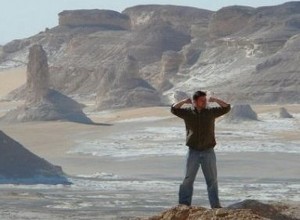
Angle won a national award last year, a Boren Scholarship, to study at The American University in Cairo. Boren awards are funded by the National Security Education Program and focus on areas and fields critical to U.S. security.
The first semester he lived in a dormitory mostly populated by Egyptians. The second semester he had an apartment with an Egyptian and a German. He found that being on his own, having to navigate the ins and outs of getting Internet service, paying a phone bill, and going to the food market, was both frustrating and an eye-opener.
Cairo was also full of veterans, he found.
“It was probably the first time I was in an environment with people really similar to me,” he says.
During his winter break last year in Cairo, he went to Uganda, where he was hired to help train Ugandan marines for a contract job defending against piracy in Somalia.
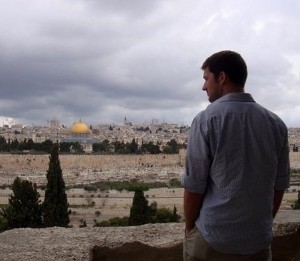
At UConn, many of the other 250 veterans were married and lived off campus, he found. Most other students were four years younger and hadn’t had his experiences. Although he found it difficult to connect with them, he joined a fraternity, Beta Theta Pi, in his last semester and lived in Husky Village.
Reflecting on his service in Iraq, he says that although many things didn’t make sense to him at the time, he began to understand what he had seen through his study of political science.
“What brings people to the point of wanting to kill each other – why is this sensible?” was the question he wanted to ask. “I really believe that if everybody knew exactly what was going on on the battlefield,” he adds, “people would be unlikely to fight wars.”
